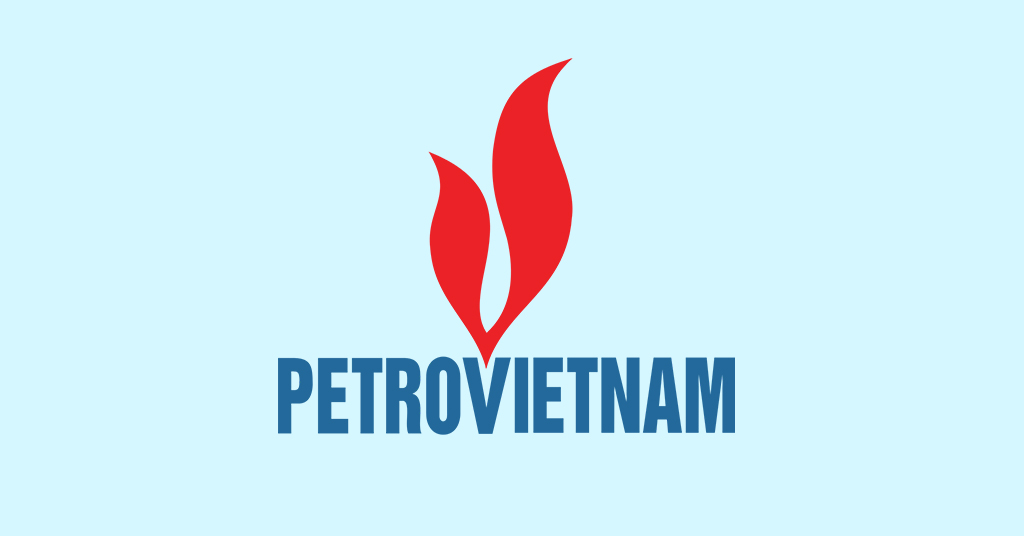Welcome To ChemAnalyst

HANOI: Vietnam's energy crisis persists despite receiving its first shipment of liquefied natural gas this month. Despite being a significant milestone for the nation, imported gas may not ease the country's power shortages for years due to various hurdles. Pricing disputes, plant construction delays, and lack of supply contracts are impeding Vietnam's ability to adopt LNG as a major fuel, hindering its ambitions as a Southeast Asian manufacturing hub. Recent rolling blackouts have exposed the urgent need for Vietnam to boost electricity supply, raising concerns among foreign investors about the country's reliability in diversifying manufacturing away from China.
Half of the businesses surveyed reported that the ongoing power crisis has had a negative impact on their investment plans. As a result, some companies are considering alternative options or delaying their investments in new factories. Failing to implement its liquefied natural gas (LNG) plans would be a setback to Hanoi's climate goals, which aim to reduce reliance on coal by using imported and domestic gas as a transitional fuel. With a projected demand growth of 6% annually for the next decade, Vietnam recently announced a US$135 billion electricity roadmap in May, which includes the construction of 13 new gas-fed power plants fuelled by imported LNG by 2030. By integrating LNG into its fuel mix, Vietnam will be following in the footsteps of its neighbors Thailand and Singapore, as well as the Philippines, which recently adopted this strategy.
The state-owned PetroVietnam Gas's (PV Gas) new Thi Vai terminal near Ho Chi Minh City received the first test cargo of super-chilled gas to be converted back to gas. Vietnam aims to achieve a 22.4-gigawatt power generation capacity by 2030, with LNG-sourced gas accounting for 14.9% of its national power supply, according to its power development plan. This may be unrealistic as a more reasonable expectation would be just 5 GW. One complication is that despite the under-served north's greater vulnerability to blackouts, much of Vietnam's planned gas power investment is directed towards the south of the country. First northern plant to be fuelled by imported gas, developed by Tokyo Gas, has announced that its operation will not commence until the latter half of 2027.
The Nhon Trach 3 facility being constructed by state-run PetroVietnam Power (PV Power) near Ho Chi Minh City, was scheduled to start operating in late 2024. However, delays caused by the lack of long-term contracts, funding and permits have been cited by the local authorities. PV Power is facing obstacles in negotiating with EVN over the amount and rates of purchasing the electricity generated from its imported gas-powered plants. PV Power aims to sell up to 90% of its gas-powered electricity to EVN at a fixed price for a period of two decades, as part of Vietnam's efforts to tackle its power crisis.
Meanwhile, plant developers are requesting state guarantees on their power contracts with EVN, stating that lenders would not finance their projects without them.
Disagreements regarding power pricing led to a slow adoption of the wind industry, resulting in a significant portion of wind farms being disconnected from the grid for years and leaving at least 4.6 GW of onshore wind capacity stranded. companies, such as AES based in the United States and Marubeni from Japan, who are developing LNG-powered plants are keeping a close eye on the ongoing pricing negotiations as it could potentially set a benchmark for their own negotiations. According to Takafumi Akino, who is associated with Tokyo Gas and involved in constructing an LNG terminal and gas plant in northern Quang Ninh province, the discussions may prove to be challenging.
Largest proposed plant earmarked for imported gas, which is a 3.2 GW project being developed by Delta Offshore Energy based in Singapore, is currently undergoing debt restructuring.
Delta Offshore Energy, a Vietnam-based company, is no longer renewing its Memorandum of Understanding (MOU) with Magnolia LNG. Additionally, a dispute has arisen between Delta Offshore Energy and Gulf International Holding and Gulf Energy Development over the financing and development of a large power plant project in Vietnam. These developments have raised concerns among foreign investors about Vietnam's urgent need to boost its electricity supply, given the country's recent rolling blackouts, and the role of LNG supplies in addressing this crisis.
Vietnam's power crisis may not be resolved by its significant investment in LNG due to the absence of a long-term supply, which leaves them susceptible to volatile spot prices that have reached a record high of $70 per million British thermal units in Asia.
We use cookies to deliver the best possible experience on our website. To learn more, visit our Privacy Policy. By continuing to use this site or by closing this box, you consent to our use of cookies. More info.
